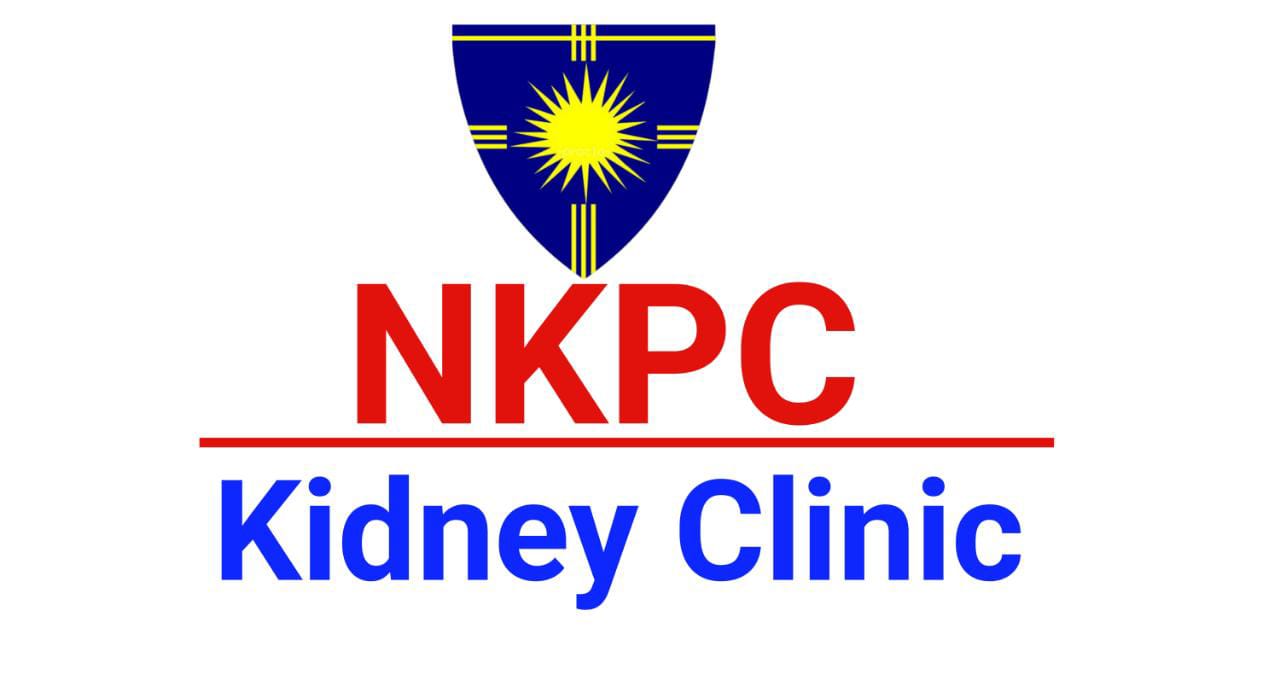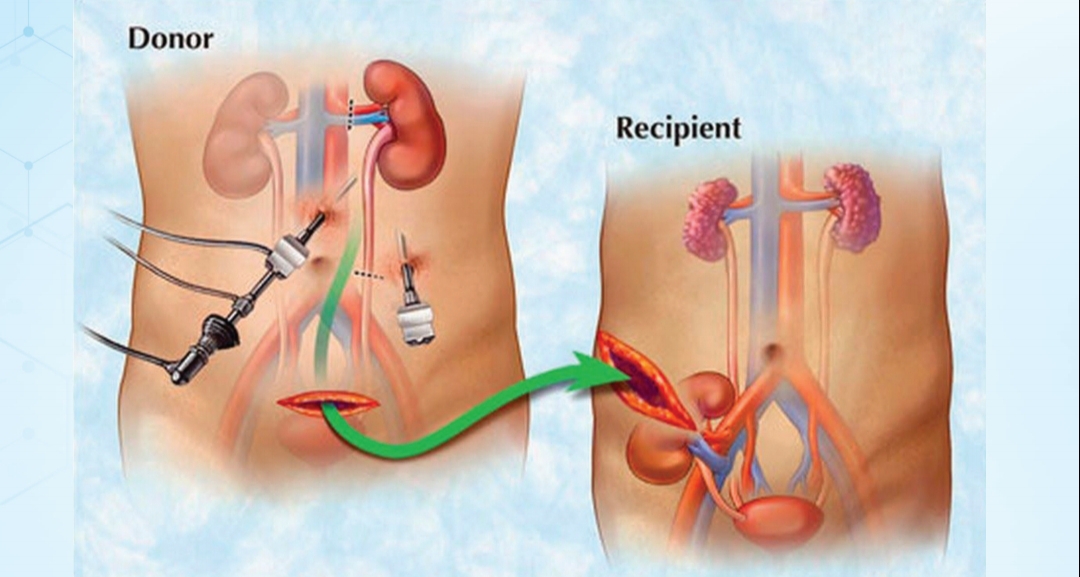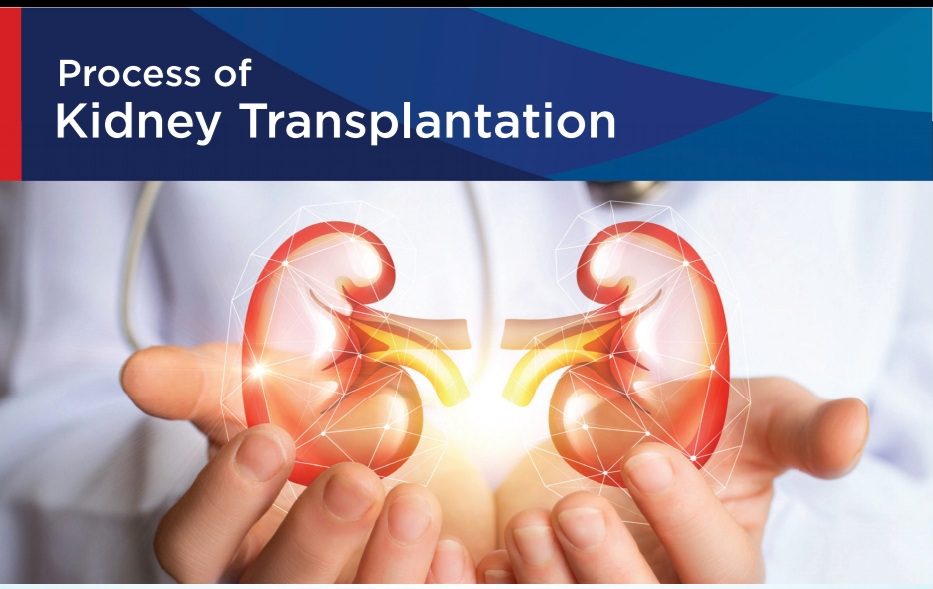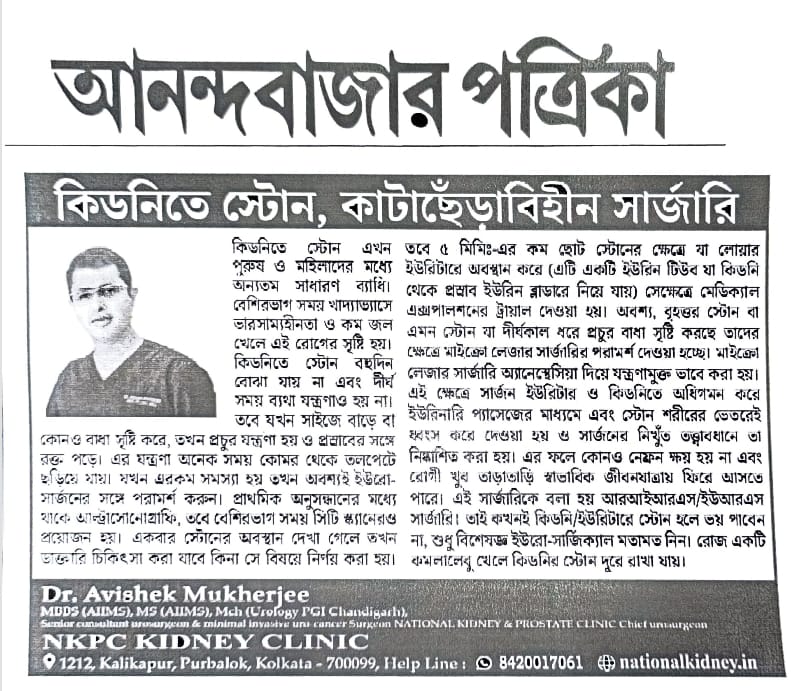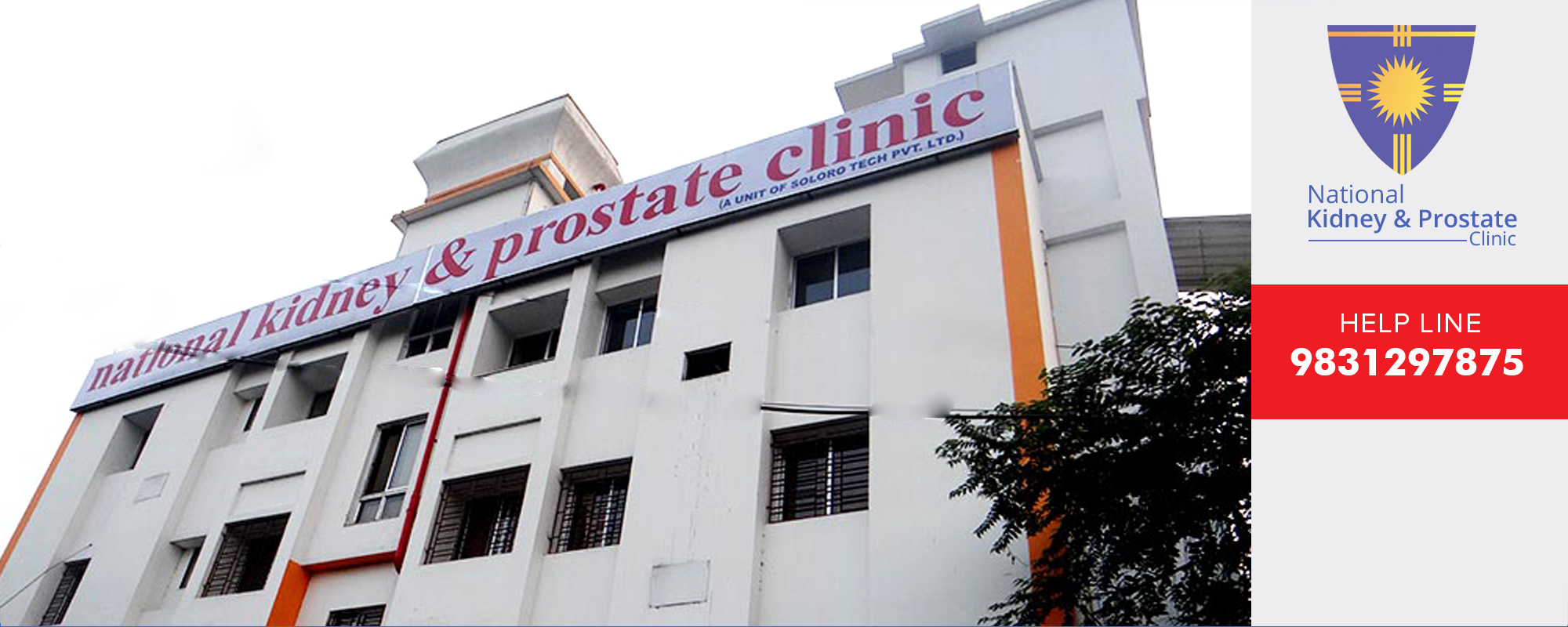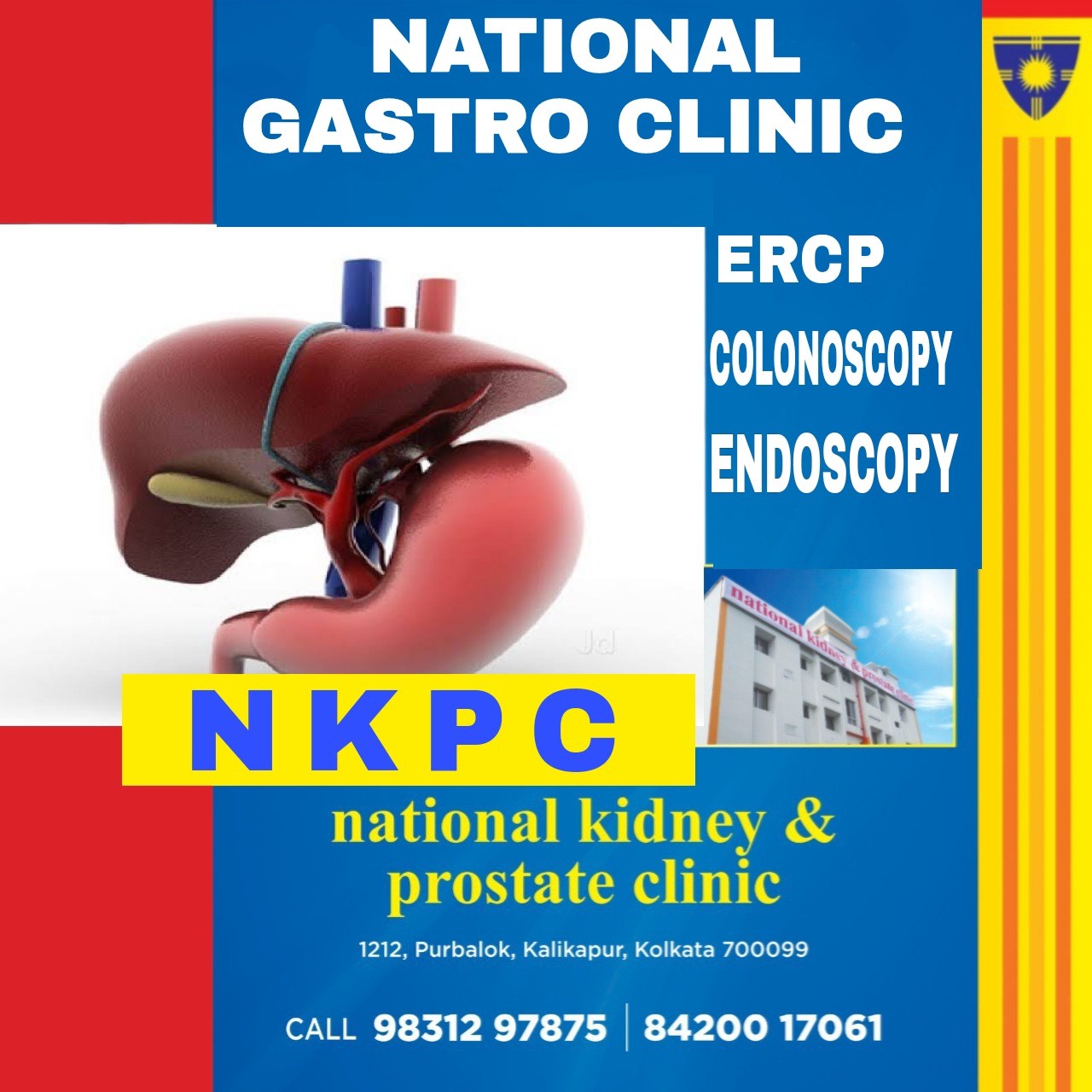
Dr Avishek Mukherjee
Dr.Avishek Mukherjee
MS AIIMS, MCH PGI Chandigarh
Head of department of
Uro-surgery
Uro onco-surgery
Transplant surgery
Minimal invasive uro-surgery
Dr Avishek Mukherjee has been associated with our kidney hospital since the inception of this unit. He brings with him an immense pool of knowledge, experience and caring for patients.
He received his bachelors degree in MBBS from All India Institute of Medical Sciences, from the year 1991 to 1996. He passed the degree with distinction and then was selected for Masters course in general surgery, again from the esteemed All India Institute of Medical Science. He completed his general surgery training in the year 2000.
Then he was selected for the doctoral course at PGI Chandigarh on Urosurgery. He completed his super-specialized training in Uro-surgery in the year 2003.
After completing his medical and surgical training from these institutes of national importance, he then came to the city of Kolkata and joined as consultant Urosurgery in the Wockhardt hospital and Kidney institute. Where he joined the team led be senior and highly experienced surgeons like Dr Shibaji Basu MS FRCS, Dr Kalyan Kumar Sarkar MS FRCS, Dr R K Gopal Krishan MS FRCS, Dr Amlan Chakraborty MS FRCS, and Dr P K Mishra MS MCH.
After working with this stellar team of surgeons he then joined the team at NKPC Kidney, in the year 2010. Since then, he works exclusively in the NKPC Kidney Clinic. He has spearheaded the following programs at the NKPC Kidney Clinic.
· Advance kidney stone laser endosurgery
· Laser prostate surgery
· Laparoscopic prostate cancer surgery
· Laparoscopic bladder cancer surgery
· Laparoscopic kidney cancer surgery and nephron sparing surgery
· Kidney transplant surgery
· Laparoscopic gall stone surgery
· Laparoscopic hernia surgery
· Penile prosthesis surgery form erectile dysfunction
We hope under his able guidance NKPC Kidney Clinic can soon become a hub for excellence in uro-surgery, uro-cancer surgery and transplantation.
Areas of special interest
Kidney transplant surgery
Dr Mukherjee has performed 312 kidney transplants till date. He is an pioneer in the laparoscopic kidney donor harvest for kidney transplantation. This allows the kidney donor to recover safely and rapidly from the surgery.
Dr Avishek Mukherjee is also highly skilled in the vascular surgery needed to join the graft kidney vein and artery to the iliac artery and vein of the recipient.
With Kidney transplant we can provide dialysis free life to 19 out of 20 patients who have undergone kidney transplantation.
Urethroplasty
Urethra is often neglected but is an essential organ for the patient for the rest of his life. The urethra can stricture due to various diseases. These strictures are best managed by urethroplasty.
Dr avishek mukherjee is one of the pioneers in the field of urethroplasty. This can be performed by harvesting a part of the buccal mucosa, the red wet skin inside our cheeks, and then using this mucosal graft to recreate the urethra.
However, in many cases he also performs urethral augmentation by attaching the splayed urethra to the corpora cavernosa. This procedure has excellent recovery and long-term function.
Uro- oncosurgery
Dr Avishek Mukherjee has been one of the pioneering surgeons in the field of uro- cancer surgery. He was one of the earliest surgeons to adopt minimall access surgery techniques, to successfully treat cancers of kidney, ureter, bladder and prostate.
Kidney cancer surgery
Kidney cancers are one of the most common cancers. They were classicallybtreated by open radical surgery. But Dr Mukherjee is a expert in laparoscopic kidney cancer sugery. When the cancers are smaller than 4cm, then nephron sparing approach can be performed.
This means removing the cancer, while sparing the rest of the unaffected kidney. Dr Avishek Mukherjee is one of the pioneers who can perform this immensly complex procedure totally by laparoscopy.
Bladder cancer surgery
When the bladder cancers become invasive the entire bladdet and prostate have to be surgically removed. This requires a very major surgery. Dr Avishek Mukherjee has successfully treated many patients by minimall access radical cystoprostatectomy. With excellent recovery.
Prostate cancer surgery
Prostate cancer is a very common cancer affecting men. This cancer, when detected early by PSA blood testing can be cured by laparscopic radical prostate surgery. These patients generally have very good quality of life and long term survival. This surgery is performed very efficiently at NKPC by totally laparoscopic technique.

